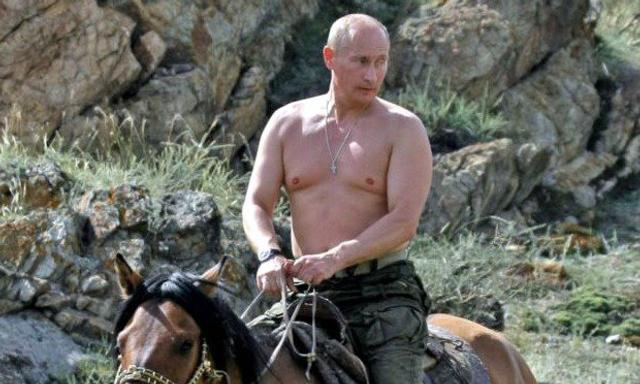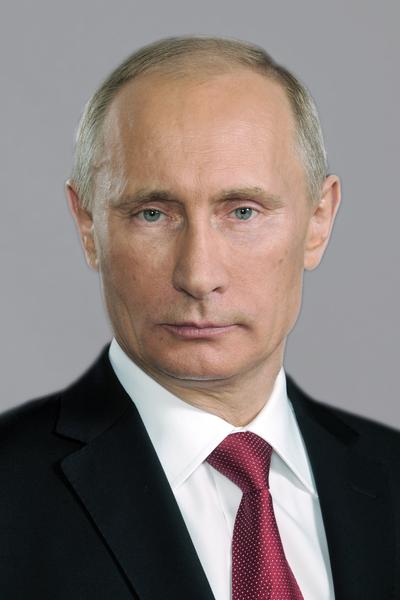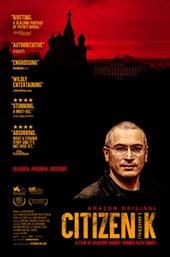Throughout the '80s, Russians were essentially the go-to bad guys in films.
You had Rambo, Beverly Hills Cop II (technically they were East-Germans, but you get the idea), and about a dozen more schlocky action films that had Russia, or the former Soviet Union, as villains. What with everything that's happening in the US with Donald Trump and the very real possibility that Russia interfered with the elections, it's no wonder that major studios are starting to greenlight films with a Russian feel.
Two major films are planned for the next year - Red Sparrow, with Jennifer Lawrence, and Kursk, with Colin Firth and Matthias Schoenarts - have a Russian focus to them, with Kursk based on the real-life submarine disaster and Red Sparrow dealing with a KGB double-agent. However, in both cases, the current Russian leader Vladimir Putin was a part of the original screenplay and has since been excised.
In the case of Red Sparrow, Putin - himself a former Lieutenant Colonel in the KGB - was a character in the source novel by Jason Matthews, but has since been removed from the shooting screenplay and the time of the story shifted from modern Russia to '70s Budapest. With regards to Kursk, Putin featured in the early drafts of the screenplay and was obviously involved in the real-life disaster but was later removed from the shooting script.
While no specific reason was given by the productions in either case, security analysts who spoke to THR came up with a pretty good reason - hackers. "For a studio to release a movie about Putin that makes him look like a fool would be suicide," said Ajay Arora, CEO of security firm Vera. "That's a certain way to be targeted (for retaliation)."
You only need to look at the utter chaos that came when Kim Jong-Un was featured heavily in The Interview to get why removing Putin from the film is a safe choice. In the case of The Interview, hackers demanded that Sony remove the film from their slate or face the consequences. Eventually, thousands and thousands of e-mails, documents, contracts and finished films made their way online and cost Sony millions in the aftermath.
In the space of a week, Sony's stock dived 10%, with losses estimated at north of $100 million. Given the Russian government's use of hackers for their own ends, it's no surprise that studios are wary of even mentioning Putin in a film - much less in a negative light.
Via THR




















































































